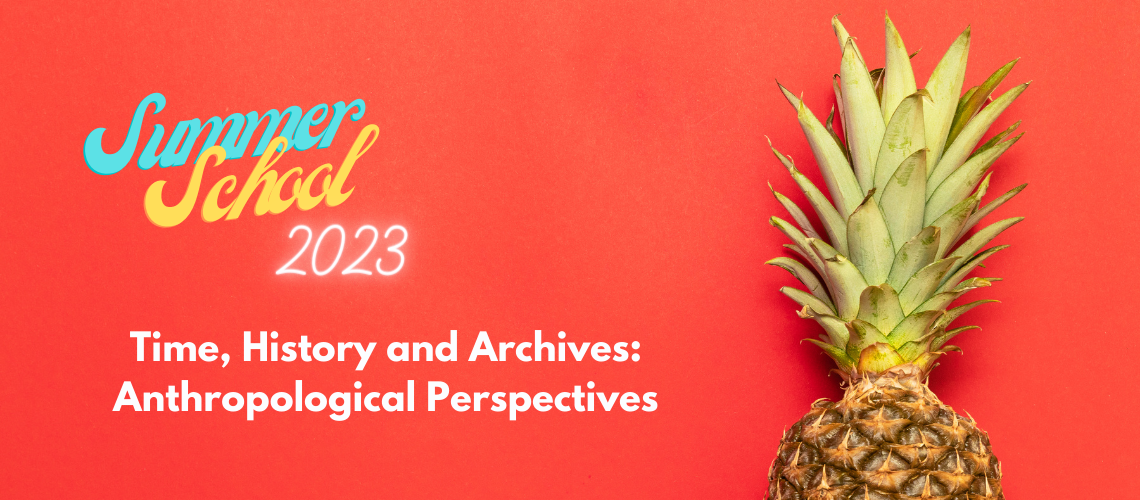Led by Dr Galina Oustinova-Stjepanovic
The session is an introduction to critical anthropological approaches to time and historicity, as well as archival methods. Anthropologists have been sceptical of notions of progress, linear evolutionary development and militant disciplines of time because these dominant conceptions of time obscure varieties of experiential encounters with time and history among our research participants worldwide. In addition to looking at different cosmologies of time and historicity, the session explores conceptual and material infrastructure of a privileged depository of history in the Western world: archive. Archives can be mythical spaces or spaces of bureaucratic rationality. They can enable access to the past and exert violent control by classifying people and submitting them to repressive governmentalities. Archives are voracious, storages of everything with a seemingly unlimited capacity to contain history. Yet, they are riddled with gaps and silences that make archival research akin to foraging or divination. So,
what methods and techniques are needed to design and carry out independent research in archives?
The session incorporates practical exercises and offers a chance to gain expert insights into anthropological approaches to time and history, epistemologies of archival research, and hands-on archival research methods.
This course has no entry requirements.
Register for Summer School here!


